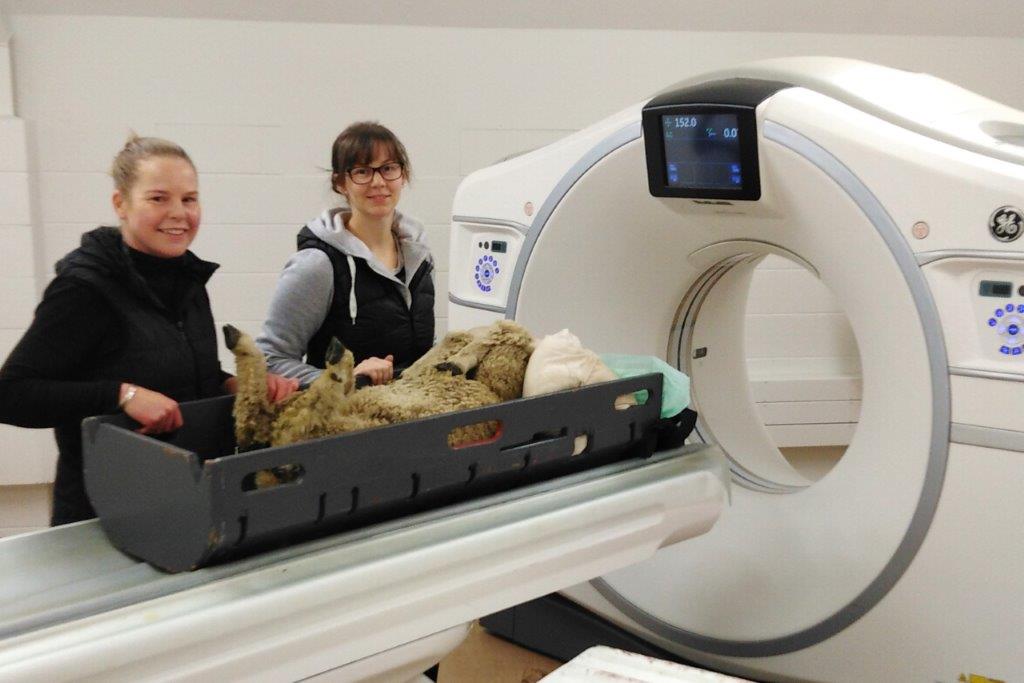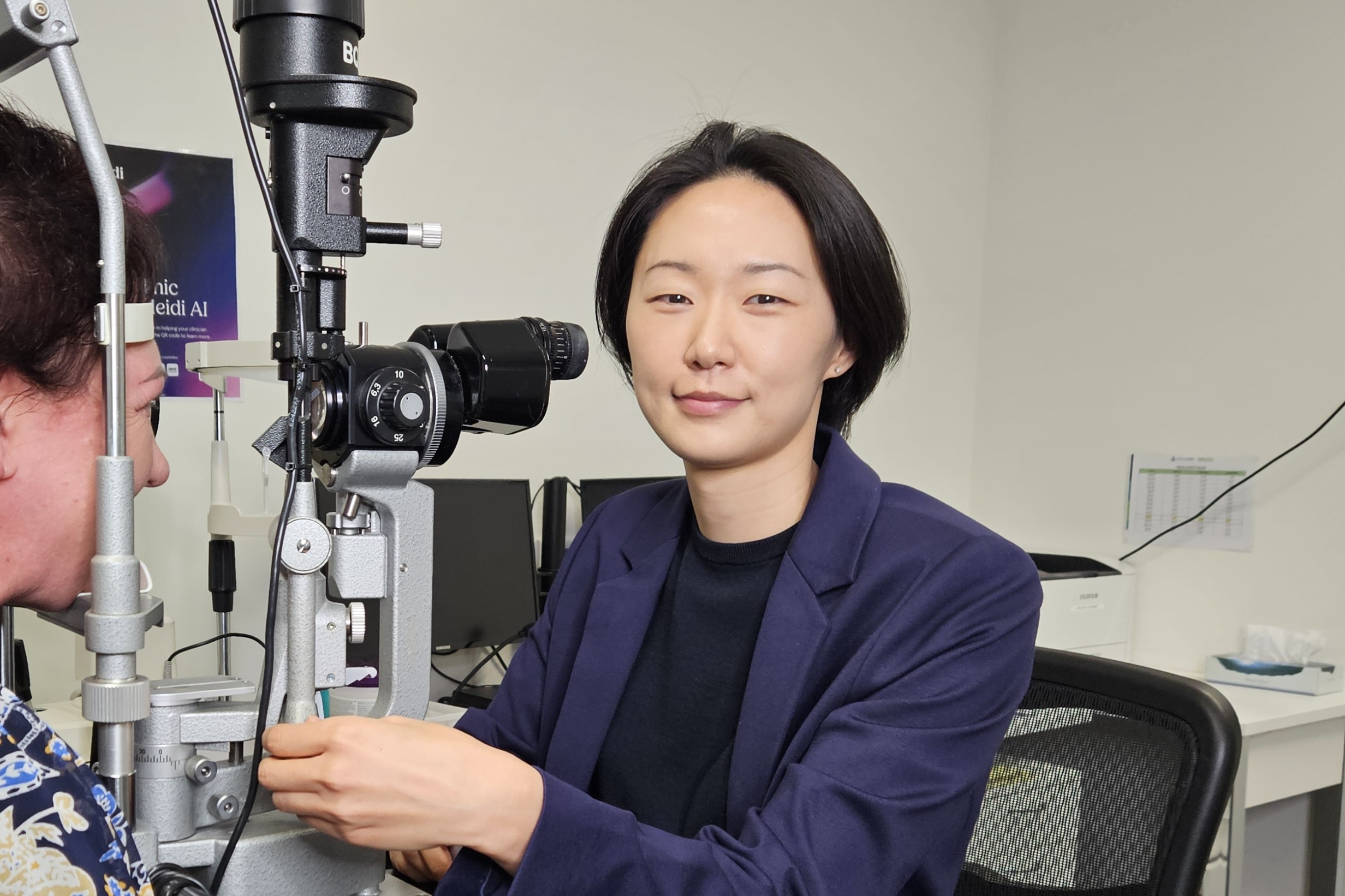NZ leads Batten disease battle
Researchers from New Zealand’s Lincoln and Otago Universities have developed a world-first treatment for Batten disease, which has been approved for human trials in the US.
An inherited disorder, Batten disease is caused by a toxic accumulation of lipofuscin in the brain and retina, damaging photoreceptors, the optic nerve and the vision-processing area of the brain. Sufferers have symptoms similar to epilepsy, Alzheimer’s and Parkinson’s disease and die in their teens. The condition is often not evident until the age of five but can blind patients by the time they’re six years old. Symptoms include difficulty differentiating colours, looking above an object of interest rather than directly at it, plus headaches, frequent eye rubbing, squinting or blinking, covering one eye, and head tilting.
In Lincoln University trials, sheep with Batten disease were given a single injection of a vector carrying a functional copy of the CLN5 gene defective in sufferers. Sheep with the disease usually die by two years old, but sheep receiving gene therapy have been living beyond five years, said Dr Nadia Mitchell, research group lead at Lincoln. ““We can essentially halt the disease in sheep, so it’s not a complete cure. However, it may be that we are not seeing the cure playing out fully in sheep, but it could well happen in humans.”
The research was funded by a Cure Kids campaign that began in 2012 with the help of Kiwi musical comedy duo Flight of the Conchords and many leading New Zealand entertainers.
























